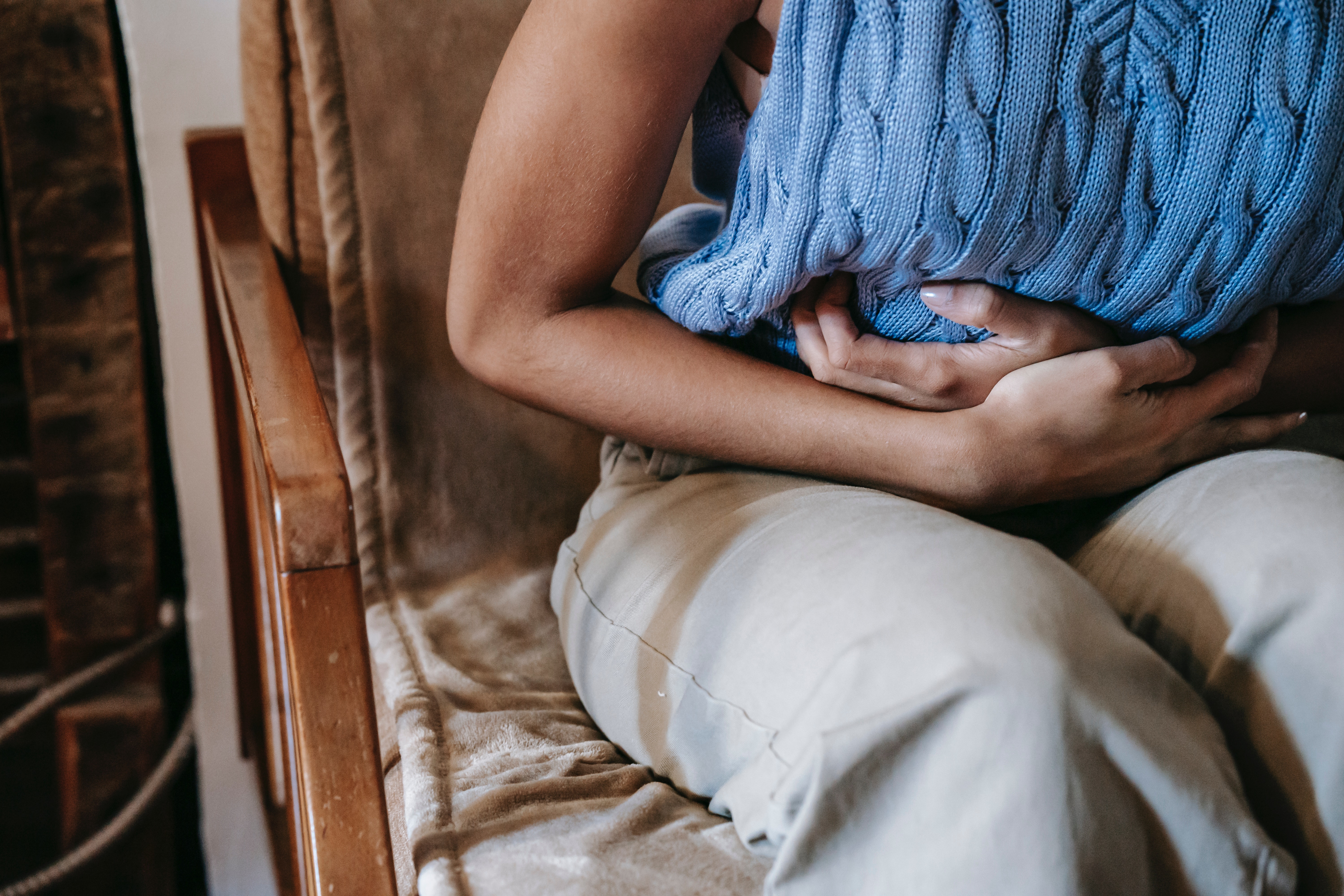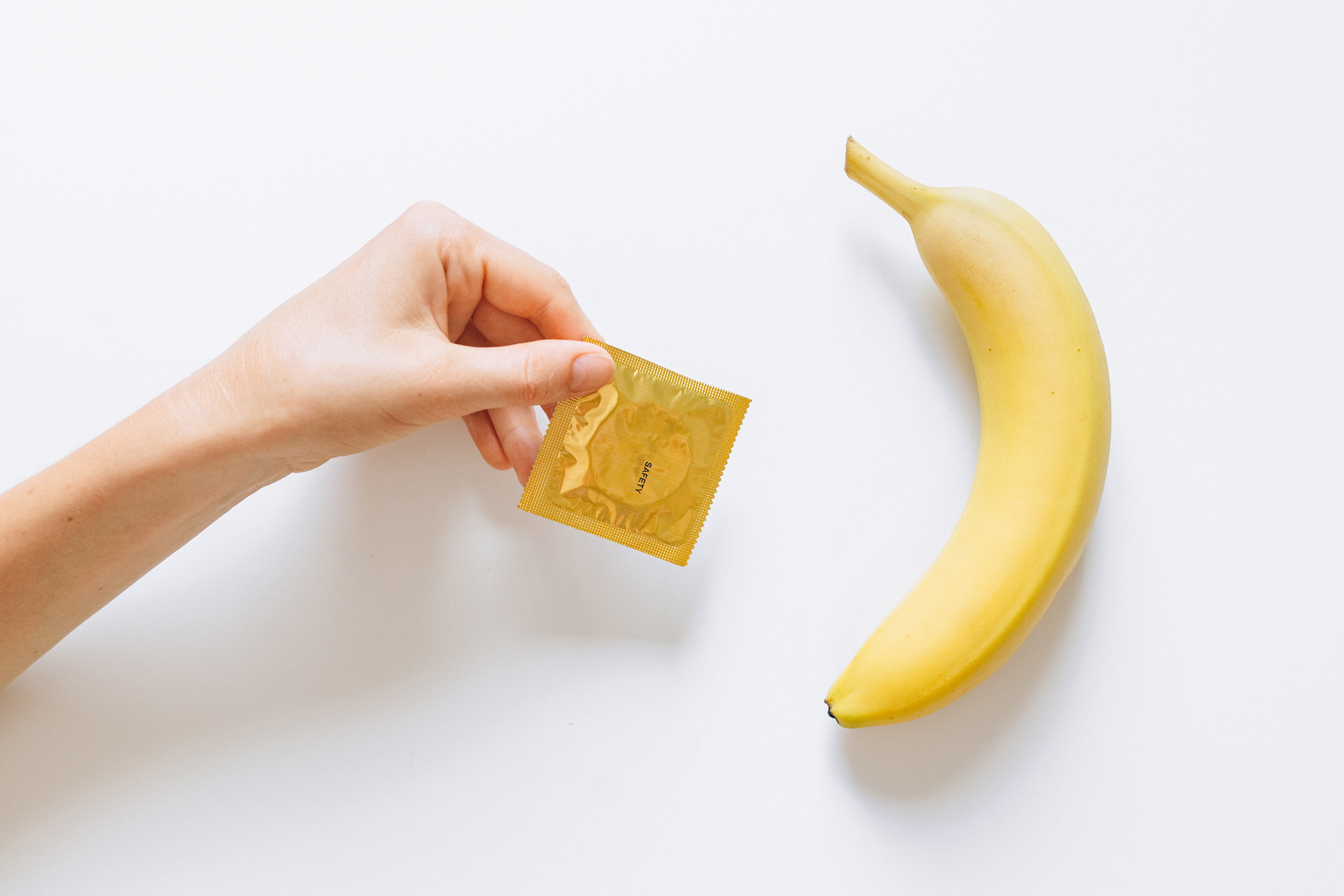Questions you Shouldn’t Hesitate to Ask your Gynaecologist
5 minuteRead

Sometimes it can seem easier to google certain health concerns, especially when it has something to do with your vaginal and sexual well being. However, because of the often-conflicting information available, it can be difficult to know what is normal or what your body requires when it comes to the female body and reproductive health. In such a case, gynecologists play a critical role in a woman's life. If you have any concerns about your gynaecological health, you should make an appointment with the best gynaecologist near you as soon as possible and get answers to your questions, no matter how awkward they may be, as it is an important part of understanding your body and its health needs. Gynecologists are professionals that deal with intimate problems everyday, so here are some questions you shouldn’t hesitate to ask at your appointment!
Is it PMS or something more serious?
For many women, getting their period is a painful experience. Menstruation symptoms include cramps, breast soreness, and headaches, to name a few. However, for some women, period pain extends beyond cramps and can be excruciatingly painful. If your periods are extremely painful or have become increasingly so over time, this could be a sign of endometriosis or uterine fibroids. It's common to feel moody as the sex hormones oestrogen and progesterone drop each month. What isn't normal is being unable to function, feeling depressed and hopeless, or becoming irritable or raged to the point of snapping at others. These symptoms may indicate premenstrual dysphoric disorder (PMDD), which is treatable, so speak with your doctor if this is something that is concerning you.
Is that a normal odour?
While vaginal odour can be a sensitive subject, it's critical to consult your doctor if there is a foul or fishy odour, or if there is a change from your normal smell that lasts more than a few days. Here's the deal. Every woman smells differently down there, depending on what she eats and drinks, as well as the medications she takes. Pungent foods, spices, and alcohol can all leak into vaginal secretions and cause strong odours. Vaginal odour is also common during your period and after strenuous exercise. So don’t worry about it, but if it’s a lasting issue, it's best to consult your gynecologist.
What's the deal with the itch down there?
Vaginal itchiness can cause anxiety, and for good reason. Itching can be a symptom of STDs or yeast infections, or it can simply be the result of a variety of factors, including yeast infections, detergent and/or bath soap sensitivities, and inflammatory skin conditions. In pre-menopausal women, it is rarely a sign of something serious. If it's only on occasion, wear breathable cotton undergarments and avoid scented soaps down there. And, if it becomes bothersome, notify your doctor, especially if it persists or if you are postmenopausal.
Since it's difficult to know when you should be concerned on your own, make sure to tell your doctor about your symptoms, especially if the itching persists after you shower.
What is it about sex that makes it so painful for me?
Sex can be painful for a variety of reasons, including muscle spasms, ovarian cysts, endometriosis, vaginal atrophy, a lack of adequate lubrication, or even more complicated psychological factors.
Vaginal pain during sex could be caused by:
1. Thrush or a sexually transmitted infection (STI) like chlamydia, gonorrhoea, or genital herpes
2. Menopause – Changes in hormone levels can cause your vagina to become dry, resulting in a lack of sexual arousal at any age.
3. Genital irritation or allergy caused by spermicides, latex condoms, or products such as soap and shampoo vaginismus – a condition in which muscles in or around the vagina close tightly, making sex painful or impossible
If you're in pain during sex, try different positions until you find one that's comfortable for you. If that doesn’t help, try lubricants to help with vaginal dryness. However, if it is something that continues, you may still need to consult with your doctor and have an examination.
How frequently should I get tested for sexually transmitted infections (STI’s)?
Most STIs do not cause symptoms and can therefore go undetected unless you have a routine screening. All women under the age of 25 should be tested for gonorrhoea and chlamydia on an annual basis. Those over the age of 25 who are in a new sexual relationship should also consider routine screening. Consider getting screened for trichomonas, HIV, syphilis, and hepatitis B and C on an annual basis, especially if you believe you are at high risk or are unsure of your partner's status.
If you're wondering if you should be tested, you probably should be. STDs are a real possibility if you are sexually active. If you have more than one sexual partner or do not use condoms on a regular basis, opt for more frequent screening. Inform your doctor if there is even a remote possibility that you have an STD. They can make recommendations for testing and treatment.
I have a lot of vaginal discharge. Is daily discharge normal?
Discharge is normal! The colour and consistency of your discharge can change throughout your menstrual cycle, and it increases during pregnancy due to changes in hormone levels. Other changes in quantity or odour, or associations with pain, burning, or itching, may indicate an underlying problem such as an infection and should be evaluated if you are concerned. This isn't the most pleasant topic to discuss, but your gynaecologist can help you distinguish what's normal from what isn't better than a quick Google search.
I'm feeling some bumps down there. What is normal, and what should I be concerned about?
Any bumps you notice in your vaginal area are most likely normal and nothing to be concerned about. The vulva/vagina is rarely perfectly smooth, and there are a variety of causes for small bumps, including hair follicles, Fordyce spots (normal tiny bumps on the vagina), and ingrown hairs. However, if you notice something new or a persistent bump that doesn't seem to go away, you should notify your gynaecologist, especially if it is painful or enlarging, as this could be a sign of something more serious.
Shaving can cause a variety of bumps and irregularities, a condition known as folliculitis. In more rare cases, a mysterious bump could be a skin tag, sebaceous cyst, genital warts, or herpes, which your gynaecologist will want to examine and possibly biopsy to determine. Again, gynaecologists have seen it all, so don't let embarrassment or fear prevent you from scheduling an appointment.
Can I have sex while pregnant?
Yes, but certain pregnancy conditions, such as placenta previa (the placenta lies low in the uterus and partially covers the cervix), preterm labour, or cervical insufficiency (premature shortening/thinning or dilation of the cervix early in pregnancy), prohibit sexual intercourse. If you are pregnant and experiencing vaginal bleeding, consult your doctor before resuming sexual activity.
Write, Record and Answer! Consume Unlimited Content! All you need to do is sign in and its absolutely free!
Continue with one click!!By signing up, you agree to our Terms and Conditions and Privacy Policy.















